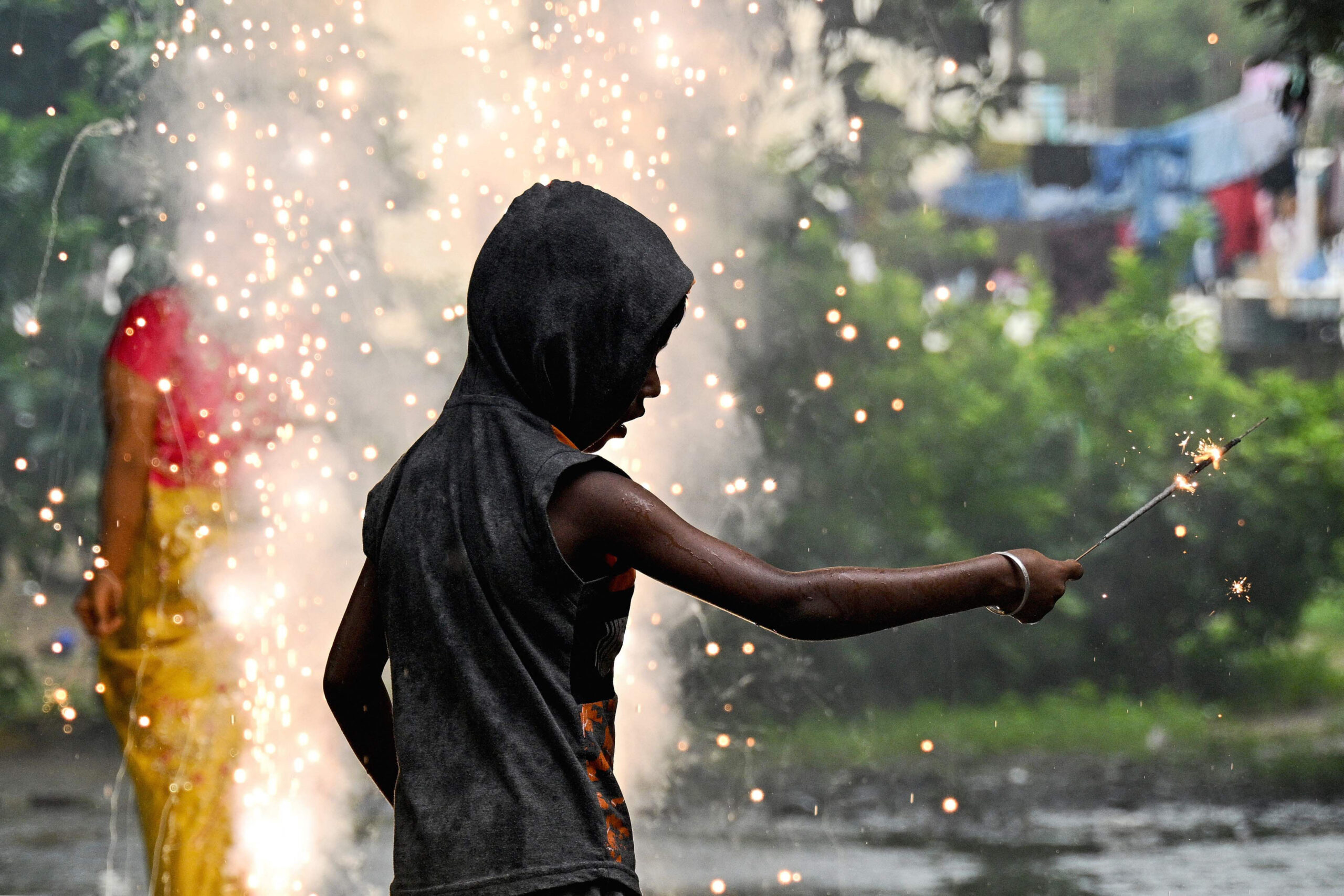Patna: Bihar’s political theatre thrives on caste, social equations, spectacles and power plays. But every election, a handful of people emerge, breaking rules, defying party strongholds and grabbing headlines.
The 2025 assembly elections in the state are no different. Pushpam Priya brings cosmopolitan vision. Tej Pratap Yadav thrives on rebellion. Khesari Lal Yadav entertains with daring songs. Maithili Thakur mesmerises with her classical voice. Anant Singh shows raw muscle. Osama Shahab carries family influence. Prashant Kishore seeks to overhaul the system. They together reflect the extremes of the state’s political imagination.
Tej Pratap Yadav is known as the “Rebel Prince”. Elder son of Rashtriya Janata Dal (RJD) patriarch Lalu Prasad Yadav, he often quotes Lord Krishna at rallies, wears saffron robes and rides horses to temples. Drama, unpredictability and spiritual eccentricity define his persona. Constant spats with his brother Tejashwi, his former party (RJD) and his divorced wife keep him in the headlines.
In his campaign speeches, he invokes his father’s socialist legacy and blames the RJD for “losing its soul”. He shares childhood anecdotes about fights with Tejashwi.
Expelled from the RJD in May 2025, he is contesting the Mahua Assembly seat under his new banner, the Janshakti Janata Dal (JJD). A day after his younger brother Tejashwi filed his nomination from Raghopur, he filed from Mahua, carrying a photograph of his grandmother, Marchhayiya Devi.
He said, “I have received blessings from my parents and my grandmother.”
Tej Pratap first won Mahua in 2015 and shifted to Hasanpur in 2020. Whether he wins or loses this time, his flamboyant persona makes him one of the most watched and meme-worthy candidates in Bihar.
Khesari Lal Yadav brings the pop-star factor to Bihar’s politics. He is a Bhojpuri film superstar, YouTube sensation and the RJD candidate from Chhapra. He rose from selling litti-chokha on the streets of Delhi to becoming one of the highest-paid Bhojpuri actors. His songs are often called vulgar, drawing millions of views.
Khesari’s fan base includes the rural poor, migrant laborers and Bhojpuri-speaking youth. His campaign rallies resemble music concerts, with selfie-hungry crowds, cheering fans and loudspeakers blaring his hits.
He represents both aspiration and defiance. He is self-made, unapologetic and his “vulgarity” is a statement: that Bihar’s culture deserves an equal stage.
Maithili Thakur, known as the “Voice of Mithila”, is a classically trained singer from Benipatti, Madhubani. She rose to fame through television reality shows and YouTube renditions of Maithili folk songs, classical ragas and devotional compositions.
In October 2025, she joined the Bharatiya Janata Party and filed her nomination from Alinagar in Darbhanga.
Pushpam Priya Choudhary is the founder of The Plurals Party and represents an outsider’s vision in Bihar politics. Educated at the London School of Economics and the University of Sussex, she entered Bihar politics in 2020 with the slogan: “Make everyone a ruler.”
Her 2020 campaign yielded just 5,189 votes, and her 148 candidates averaged only 1,415 votes each. Unfazed by defeat, she relaunched her political experiment in 2025, announcing candidates for all 243 assembly seats.
Often seen wearing black jeans, top and mask, she remains persistent and defiant. Critics dismiss her, but she continues to dominate conversation about Bihar’s political future.
Anant Singh embodies raw political muscle. Known as “Chhote Sarkar” in Mokama, he faces over two dozen criminal cases and has declared assets of Rs 37 crore. He is a multi-term MLA and the JD(U) candidate in 2025. His supporters describe him as a protector who ensures order where the state fails.
Critics see him as a relic of a lawless past. Mokama voters continue to return him or his proxies, showing the enduring appeal of his brand of politics.
Osama Shahab, son of the late Mohammad Shahabuddin, is the RJD candidate from Raghunathpur. Once an MP and later a convict, his father was among Bihar’s most feared and influential figures.
After Shahabuddin’s death in 2021, the family’s political hold waned. Osama now contests to reclaim that ground. Shahabuddin’s name still commands loyalty. Osama symbolises continuity and raises the question: has Bihar truly moved beyond personality politics and intimidation?
The 2025 Bihar elections are a theatre of drama, audacity and relentless ambition. Different players dominate narratives and headlines, keeping the state’s political imagination alive.
Disclaimer : This story is auto aggregated by a computer programme and has not been created or edited by DOWNTHENEWS. Publisher: ZEE News







